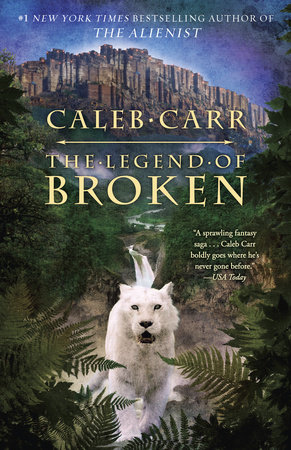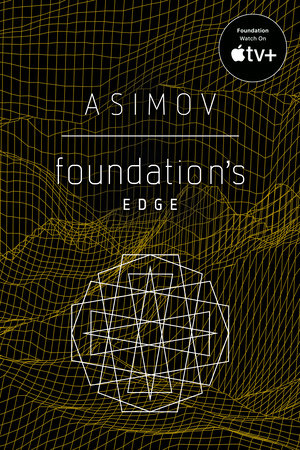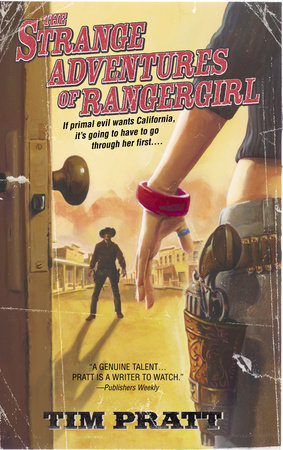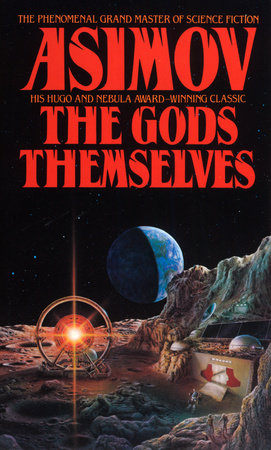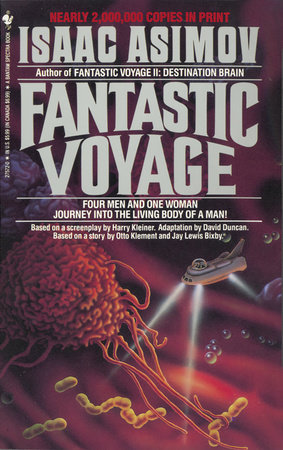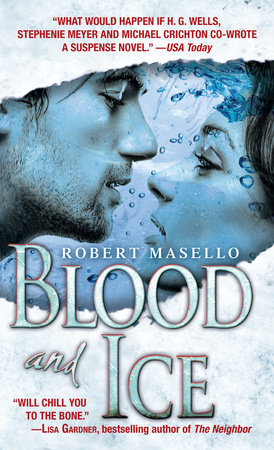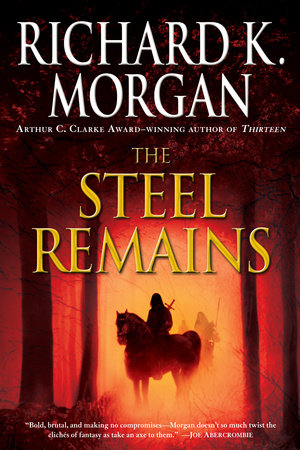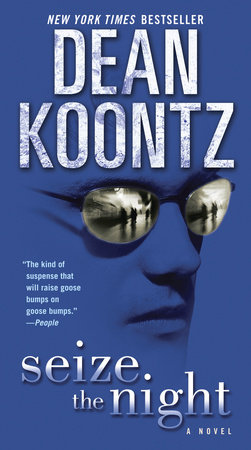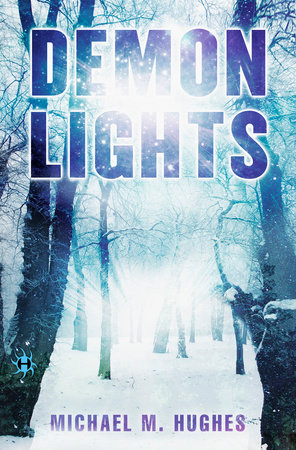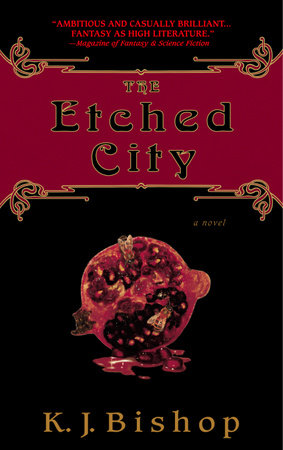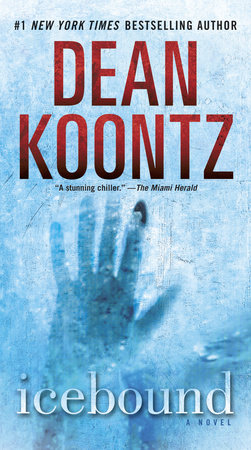Author Q&A
Q&A Between Sarah Micklem and K. J. Bishop
Sarah Micklem: You have many wonderful characters in The Etched City, but the one who bothered me the most, the one I loved and hated, was Gwynn, the gunslinger and slaver’s henchman. You made us so intimate with him that we are in collusion as he goes about his horrible business. He doesn’t want God to exist, but he does desire magic; he wants the intrusion of the impossible. Is he the character who fascinated you the most? Did your ideas about him change as you wrote your way into his head?
K. J. Bishop: Gwynn has been in my mind for a long time, and I’d have to say that yes, he was the character who fascinated me the most. I’ve always been attracted to antiheroes and glamorous "dark gentleman" figures, and Gwynn was always a glamorous character in my mind, but as I wrote him I gradually saw him as less of an aristocrat and more of a vulgar middle-class cad–which somehow further endeared him to me. I discovered his ordinariness. Originally I thought that in the process of writing the book I’d find out the reason for his being the way he is, but nothing came to light. I realized that he doesn’t have any excuses, and doesn’t want them. Going back to the modern and the primitive, I initially thought of him as a very modern antihero but came to understand that despite having a modern intellect, he’s a primitive creature, and he knows it, and he isn’t ashamed. He actually is the savage of the colonial imagination, ironically working for the colonial side. His psyche isn’t divided against itself in the way that makes us moral beings–and neurotic beings, too. In modern parlance I guess you could say he suffers from arrested development, but described in another way, he lives in a state of grace with himself, if not with the world. I always felt that Gwynn existed on two levels, the human and the archetypal, or godlike–not just metaphorically, but literally, within the metaphysical environment of the world in the book. And gods are like animals, they simply "am what they am."
SM: In The Etched City, the city of Ashamoil encompasses a whole colonial history: the barbarism of civilization, wealth built on slaving and gun-running and children laboring in factories until their bones turn hollow. It’s an old tropical city on the edge of a jungle, full of organic burgeoning and rotting and at the same time sooty with industry. I felt as though you had mapped it thoroughly, and could, if you wished, walk us from the quays on the Skamander up the Crane Stair to mansions in the hills. I wondered if you’d spent a lot of time wandering around the postcolonial cities of our world. What draws you to explore this edge where “modern” and “primitive”–which you reference explicitly–meet and transform each other?
KJB: The colonial past is a recent layer of Australian history, so my imagination is saturated with a sort of dye from that age, when the "modern" was completing its invention of the "primitive" and developing a love-hate relationship with it. I’m also interested in the nineteenth-century construction of femininity, which is tied to ideas about the primitive. Aside from that intellectual interest, at a gut level I think the fascination, for me, is what it was for the Victorians: it’s all about fear and desire. On the one hand, there’s the fear that the modern mind, the most precious possession of the modern being, rational, free (it likes to think) from superstition, packed with useful facts, having the qualities we identify with adulthood, can be lost, like any other possession; and the fear that, in fact, the modern mind is a sham covering a Conradian "heart of darkness." On the other hand, there’s the temptation to let the feared event occur, to drop the bundle of one’s modern subjecthood, to "go native"–an idea which is possible only because of our own fanciful notions of the primitive (it’s why modern man needs tiki bars!) And presumably the natives have their own ideas of the primitive, the wild, the Other.
SM: There is daring in the way you write. At a time when so many books seem to be crafted for people whose attention span is about the length of a commercial, you describe lavishly, you take excursions into stories and dreams, and you include philosophical disputations, all in such beautiful prose that I was happy to follow you anywhere. I loved that you made room for all these things; it made me feel too much of fiction–not just genre fiction–is cramped and puny, because we don’t trust readers (or possibly editors). Do you feel that being pegged as a genre writer constrains or liberates you?
KJB: I’ve only written the one novel so far, so I hope I haven’t been pegged as any sort of writer yet, and hope I never will be. If I write a mainstream social novel, or a magical realist novel, or something completely surreal, I hope people will have enough common sense not to throw their arms up and say, "Oh, but she’s a genre writer, she can’t do that!" It’s completely natural for an artist to change styles and explore different subject matter. So I don’t feel any constraints. I’m just the horse: whichever way the loa wants to ride, I’ll go that way.



